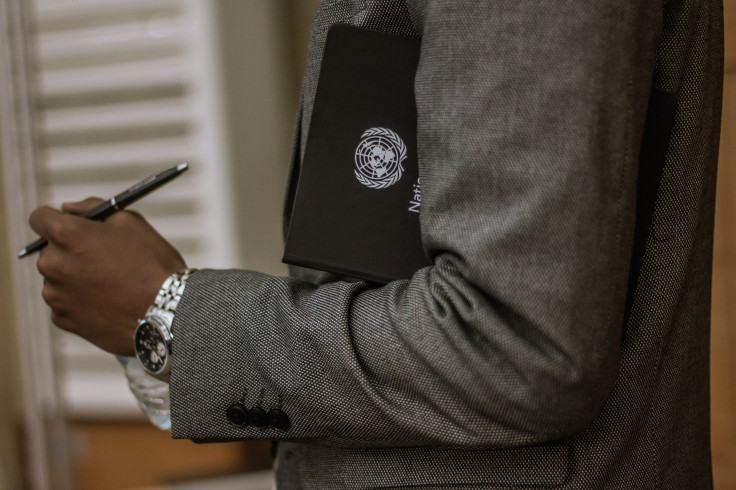As the United Nations continues to emphasize the dire nature and security concerns currently facing Haiti, an international coalition that’s willing to commit to peacekeeping efforts in the country has been unable to be formed thus far.
In its review of 2022, the United Nations said that Haiti is “on the verge of an abyss,” with the document noting that “practically nowhere in the capital, Port-au-Prince, could be deemed safe, as rival gangs fought over territory, terrorizing increasingly desperate citizens, already struggling to survive a humanitarian catastrophe,” according to the Jamaican Observer.
Jean-Martin Bauer, head of the World Food Program, has stated that famine conditions will likely continue in the country, for example, because of the continued control that armed gangs have over key transport routes, and that the crisis may worsen if a robust plan is not made about the situation.
“Things are now at a breaking point. This crisis will not pass – it needs renewed and robust humanitarian assistance,” Bauer said.
Despite the catastrophic levels of hunger and crime as well as a cholera epidemic that has gone out of control due to a lack of facilities and resources to deal with the problem, the international community has so far demurred over forming an international coalition of peacekeeping troops to deal with the crisis, Grid reported.
After the U.N. resolution to address it failed due to China and Russia’s unlikeliness to support it, the Biden administration has pushed for intervention outside the framework of the U.N., but has also refused to commit troops from the United States to the cause, instead looking for a “partner country with the deep, necessary experience required for such an effort to be effective.”
Canada, who earlier in the crisis has expressed a willingness to lead an international coalition, has largely shifted towards needing “a consensus across political parties in Haiti before we can move forward on more significant steps.”
Some experts have also balked at the concept of needing a military intervention in the country in the first place, with many pushing for a “Haitian-led” solution to the increasing crisis at hand.
“We, the United States and the international community, needs to take a leap of faith with the Haitian people. We need to believe that the Haitian people can come up with a solution to resolve their own problems,” former U.S. Special Envoy to Haiti Daniel Foote said.

© 2025 Latin Times. All rights reserved. Do not reproduce without permission.





